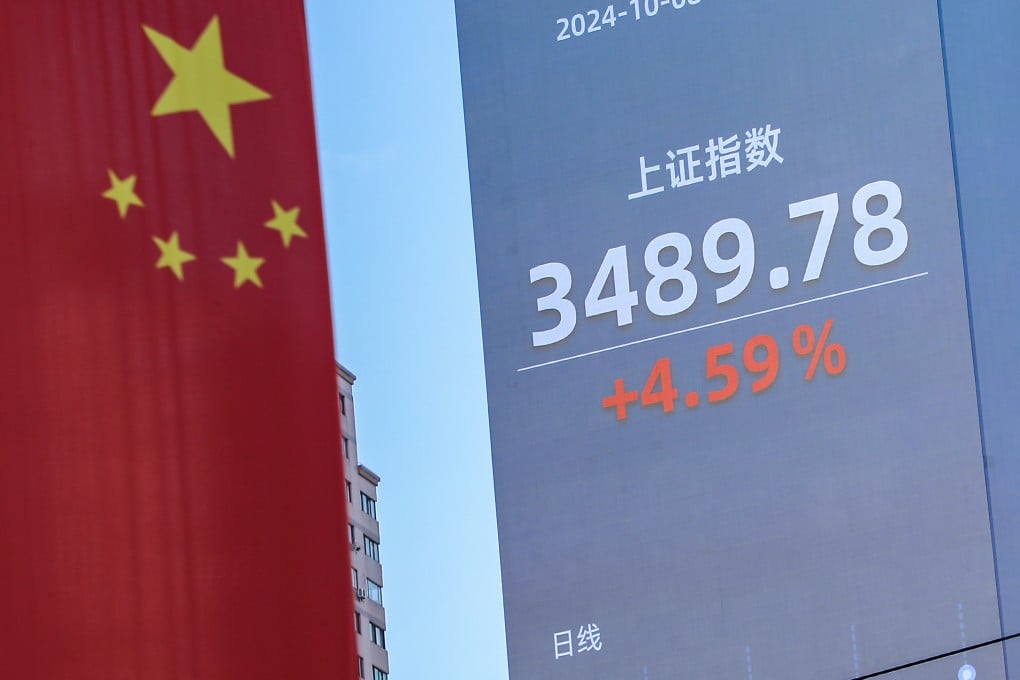Advertisement
Opinion | Why Trump’s return opens door for China to reform capital markets
If Beijing seizes this chance, it could transform a familiar cycle of confrontation into a foundation for long-term security and leadership
Reading Time:4 minutes
Why you can trust SCMP
3

Donald Trump’s return to the White House revives a playbook China knows all too well: tariffs, trade restrictions and relentless threats to cut China off from the US financial and tech ecosystem. Beijing’s natural instinct might be to hunker down, double down on self-sufficiency and ride out the storm. However, that reflex risks deepening its vulnerabilities, not solving them.
China’s domestic economy is not in great shape. Policymakers are juggling tools, but each comes with heavy trade-offs. Retaliation against US policies risks a spiral of escalation. Fiscal options are constrained by ballooning local government debt. Monetary easing could spur capital outflows, especially with the US Federal Reserve’s pivoting monetary stance.
Amid these challenges, reforming China’s underperforming financial markets stands out as a high-reward, low-risk strategy. Paradoxically, the moment of crisis might accentuate the necessity of this choice.
Advertisement
In fact, this is the lowest-hanging fruit. China’s capital markets remain riddled with inefficiencies. Low returns, weak corporate governance and lacklustre performance have eroded investor confidence and left savers with few appealing options. The Shanghai Composite Index has been stagnant for years. At a time when robust domestic demand is needed to offset external pressures, these shortcomings are holding back China’s economy.
The consequences are glaring. Chinese households, already squeezed by low deposit rates, save at some of the highest rates in the world. Much of their savings sit in low-yield assets, suppressing consumption and undermining Beijing’s goal of driving growth through domestic demand. Reforming the capital market could change this, offering households better returns and unlocking spending to fuel broader economic growth.
Advertisement
The stakes are even higher when it comes to long-term challenges. With an ageing population and a rising dependency ratio, the pressure on China’s pension funds will only increase. Robust financial returns are essential to funding these systems sustainably.
Advertisement
Select Voice
Select Speed
1.00x
